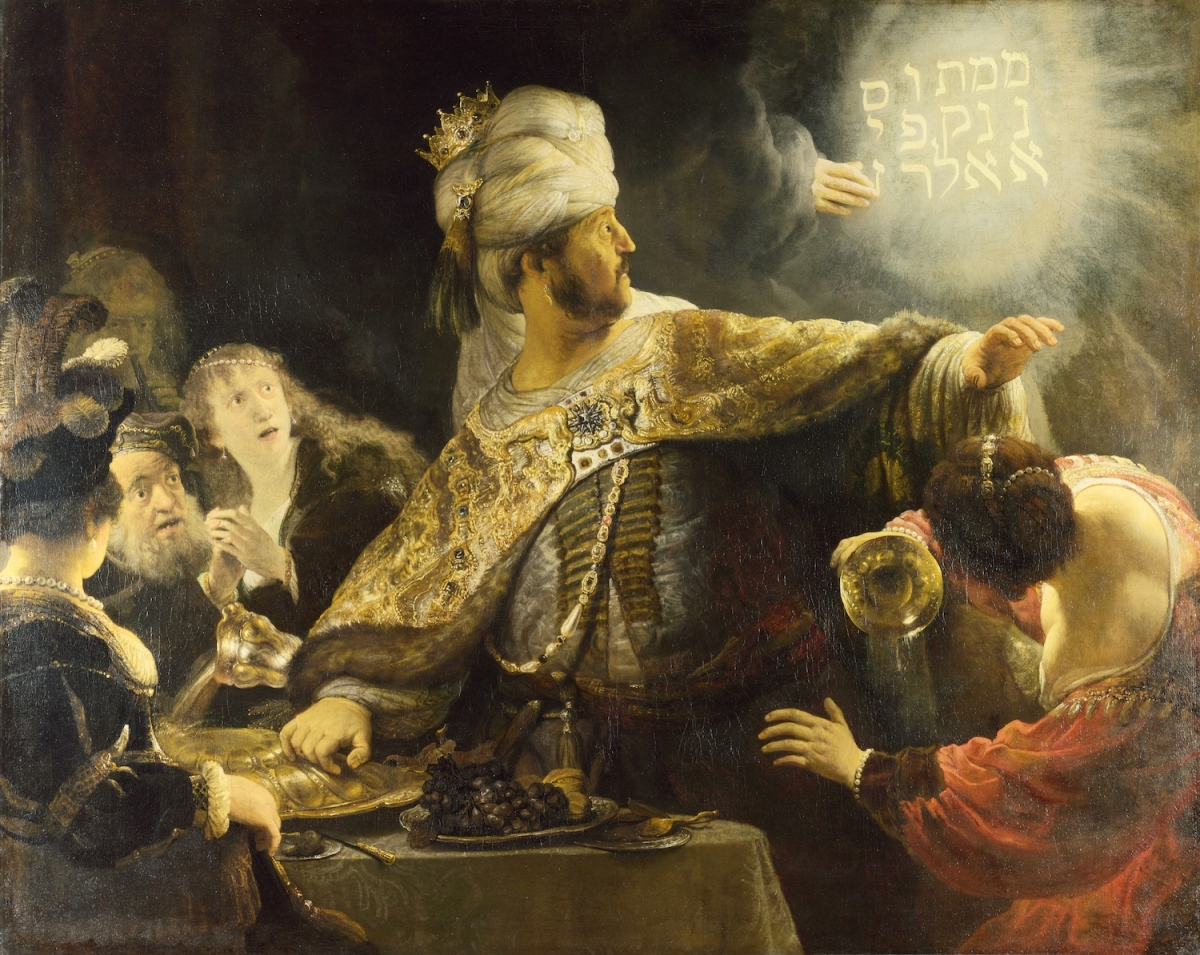Composers are not always the most obedient or predictable of clients. There are many instances in the history of 20th-century music where they have not quite delivered what was asked of them, but one of the most spectacular instances of ‘disobedience’ would have to be William Walton (1902-1983) and the circumstances behind his gargantuan ‘cantata’, Belshazzar’s Feast.
In August 1929, the BBC’s chief music programmer Edward Clark wrote to three composers asking for works “suitable for broadcasting” (in old BBC/ABC parlance). The triumvirate were Constant Lambert, Victor Hely-Hutchinson and William Walton, then regarded as the brightest star in the English musical firmament, due largely to the success of Façade, his settings of surrealist poetry by Edith Sitwell, composed when he was just 20. These commissions, the BBC dictated, would be no longer than 15 minutes, and would be scored for a soloist, small chorus and a chamber orchestra not exceeding 15 players. Walton agreed to the BBC’s stipulations. Two years later, he delivered Belshazzar’s Feast.
 Rembrandt’s Belshazzar’s Feast, 1635
Rembrandt’s Belshazzar’s Feast, 1635
In performance, Belshazzar’s Feast lasts around 45 minutes. A solo baritone acts as a kind of narrator, supported by a double mixed...











Comments
Log in to join the conversation.